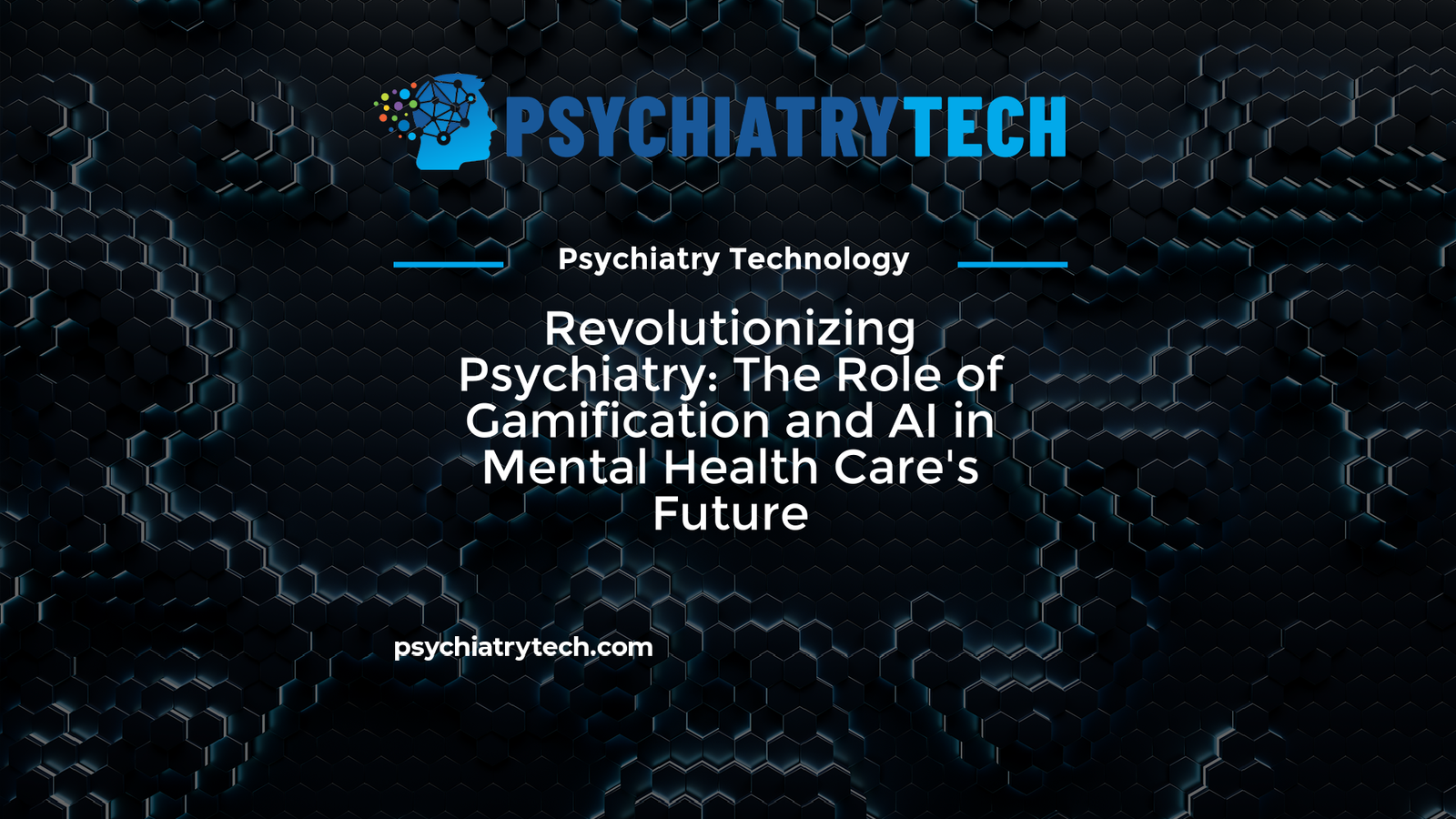Revolutionizing Psychiatry: The Role of Gamification and AI in Mental Health Care’s Future
Mental health care is an integral part of the overall well-being of individuals.
Over the years, mental health practitioners have been utilizing technology to improve the diagnosis and treatment of mental health disorders. The recent advancements in gamification and AI technology have taken mental health care to a whole new level.

Discover The World's MOST COMPREHENSIVE Mental Health Assessment Platform
Efficiently assess your patients for 80+ possible conditions with a single dynamic, intuitive mental health assessment. As low as $12 per patient per year.
The Relevance of Gamification in Mental Health Care
Gamification involves the use of game mechanics to encourage engagement and interaction.
In mental health, gamification is used as a tool to promote a positive attitude towards the treatment of mental health disorders.
Gamification in mental health care takes many forms, from apps tackling specific conditions, such as speech therapy for children with ASD, to virtual reality exposure therapy for anxiety and PTSD.
One of the most impactful uses of gamification in mental health care is through its ability to motivate patients to comply with medication.
Most people with mental health disorders have difficulty adhering to treatment plans.
This leads to relapses and poor recovery outcomes.
With gamification, patients can enjoy their treatment while getting better.
By using the positive reinforcement associated with game mechanics, patients become more motivated to take their medications.
The Role of AI in Mental Health Care
AI (Artificial Intelligence) is disrupting healthcare by transforming the way mental health care providers diagnose and treat mental health disorders.
Mental health practitioners rely on a patient’s behavioral patterns, emotional signals, and verbal expressions to diagnose their mental state.
AI technology can analyze this information faster and more accurately than human doctors.
AI can predict the risk of patients developing mental health complications such as depression or anxiety by gathering and analyzing their health data.
For example, AI can detect the signs of depression by analyzing language use and patterns on social media and communication applications, thus enabling intervention before the symptoms worsen.
AI technology can also analyze the data collected from wearable devices to monitor patients’ mental and physical wellbeing in real-time.
AI-powered chatbots can help patients have an anonymous platform to talk about their mental health.
By using natural language processing, the chatbots can engage patients in a conversation, provide support and advice, and even recommend appropriate therapy.
The Future of the Marriage between Gamification and AI in Mental Health Care
Gamification and AI are excellent standalone technologies in mental health care.
However, the real game-changer is the combination of these two technologies.
The gamification of AI-powered therapy is a significant step in the future of mental health care.
By using data that AI collects from patients in real-time, gamified mental health therapies can adapt the gameplay, challenges, and rewards based on the patient’s progress.
In this way, the therapy becomes increasingly personalized, enjoyable, and effective.
Furthermore, the AI can provide the mental health practitioner with insights that will inform the next steps of treatment.
In conclusion, the role of gamification and AI in mental health care is an ever-evolving field.
The future of mental health care is bright, and mental health practitioners should embrace technology to improve the diagnosis and treatment of mental health disorders.

